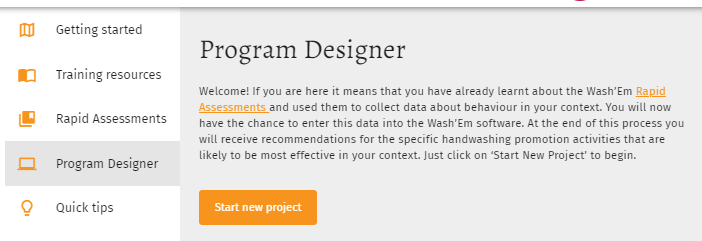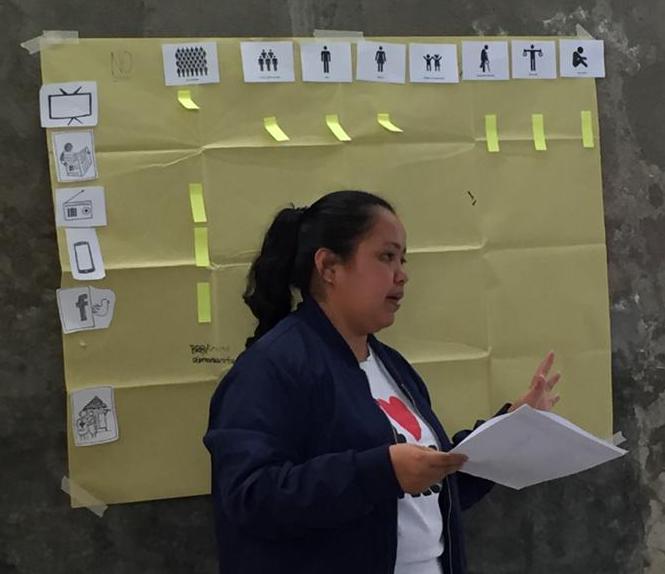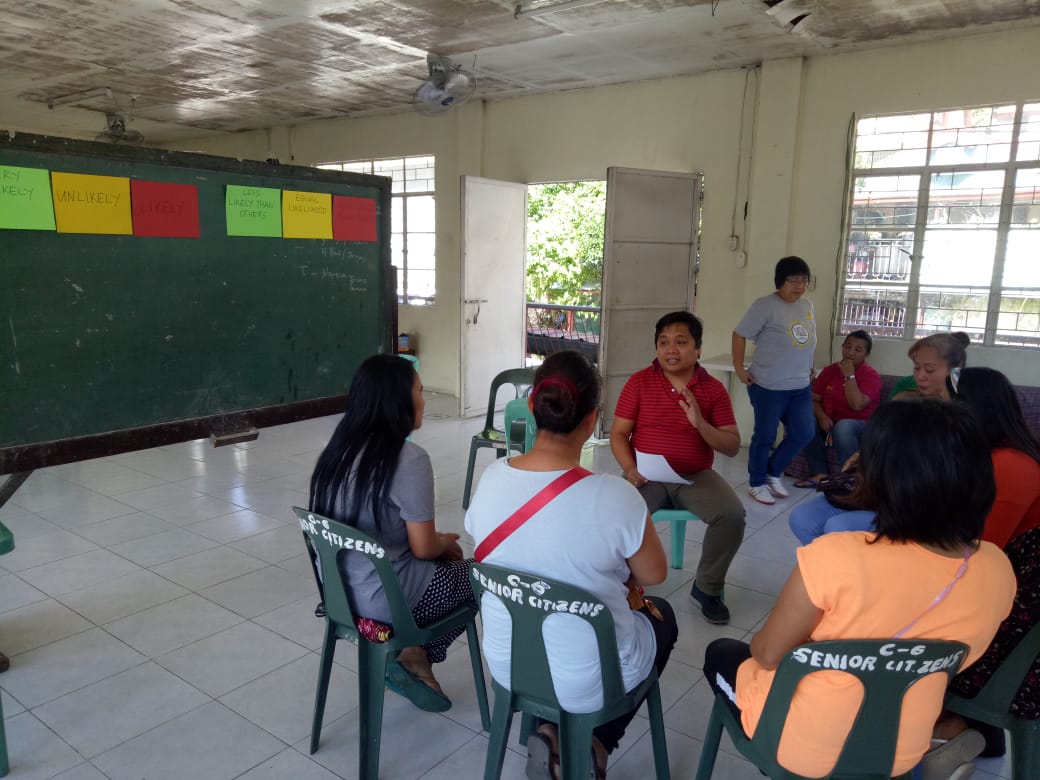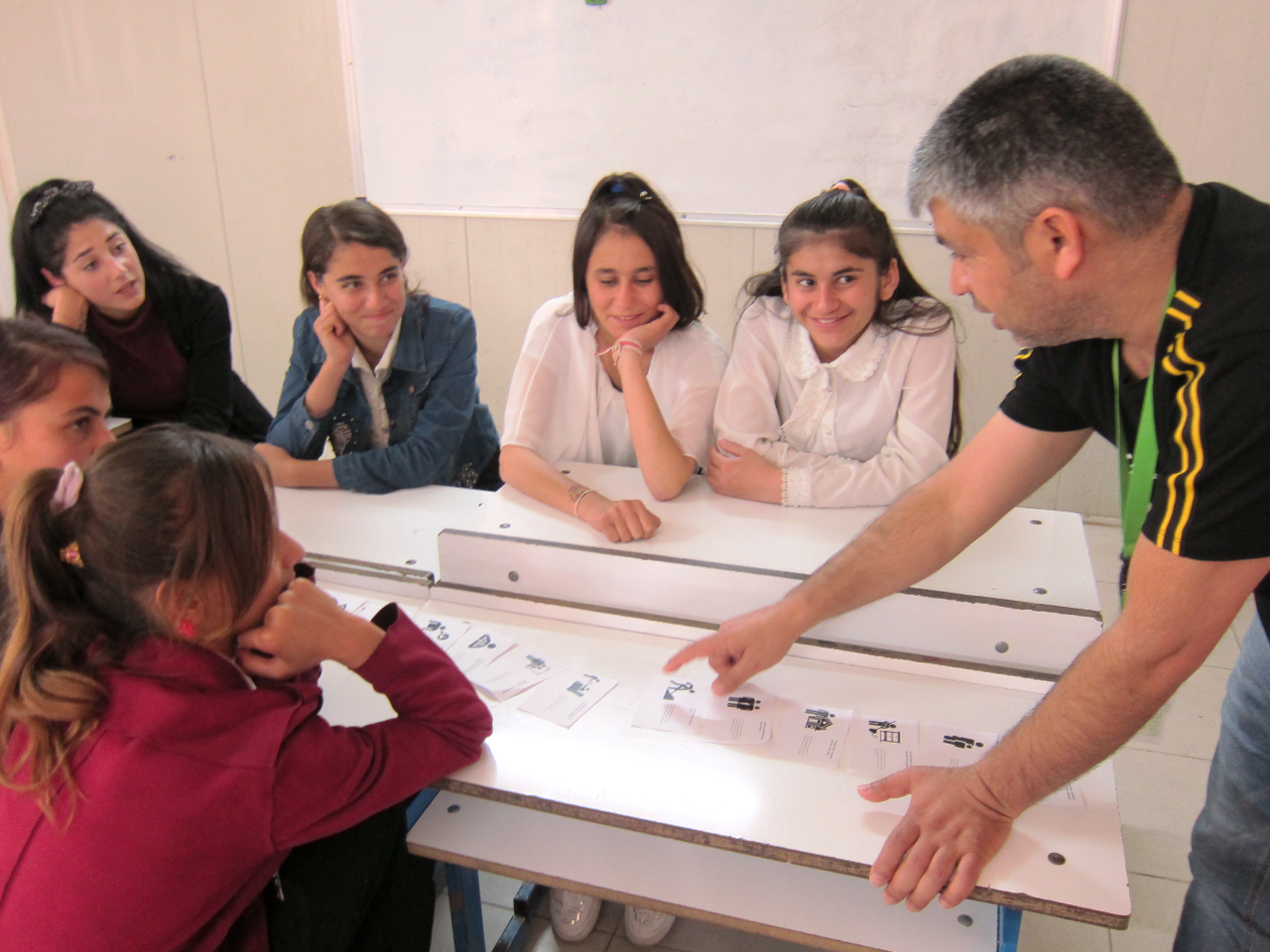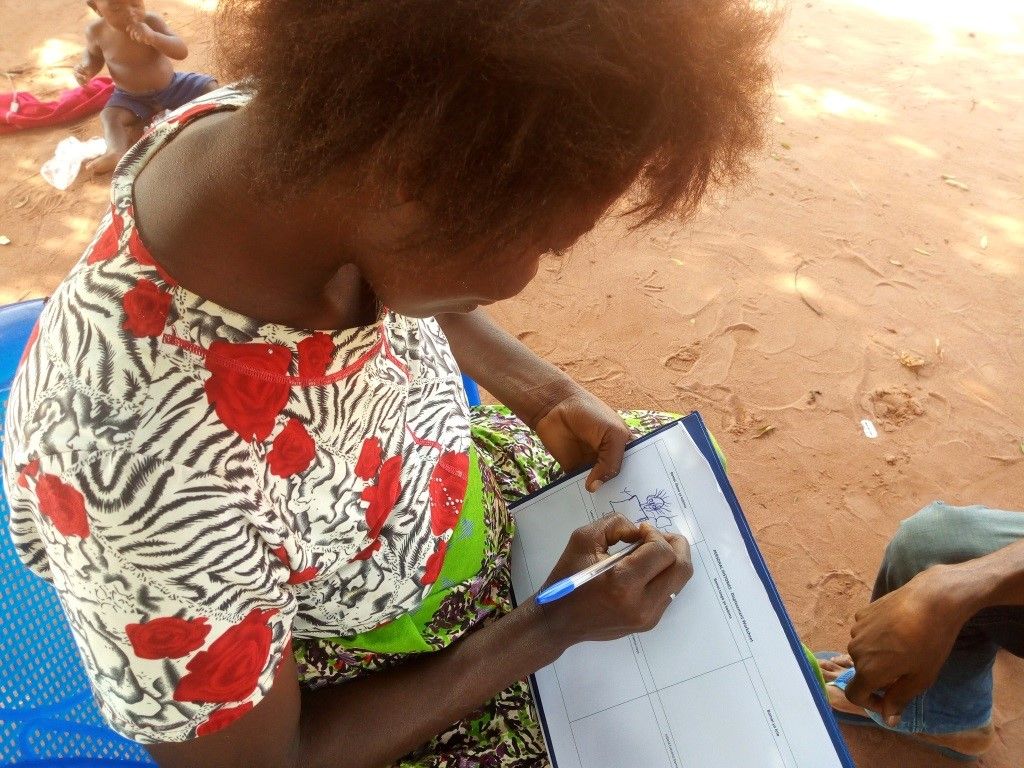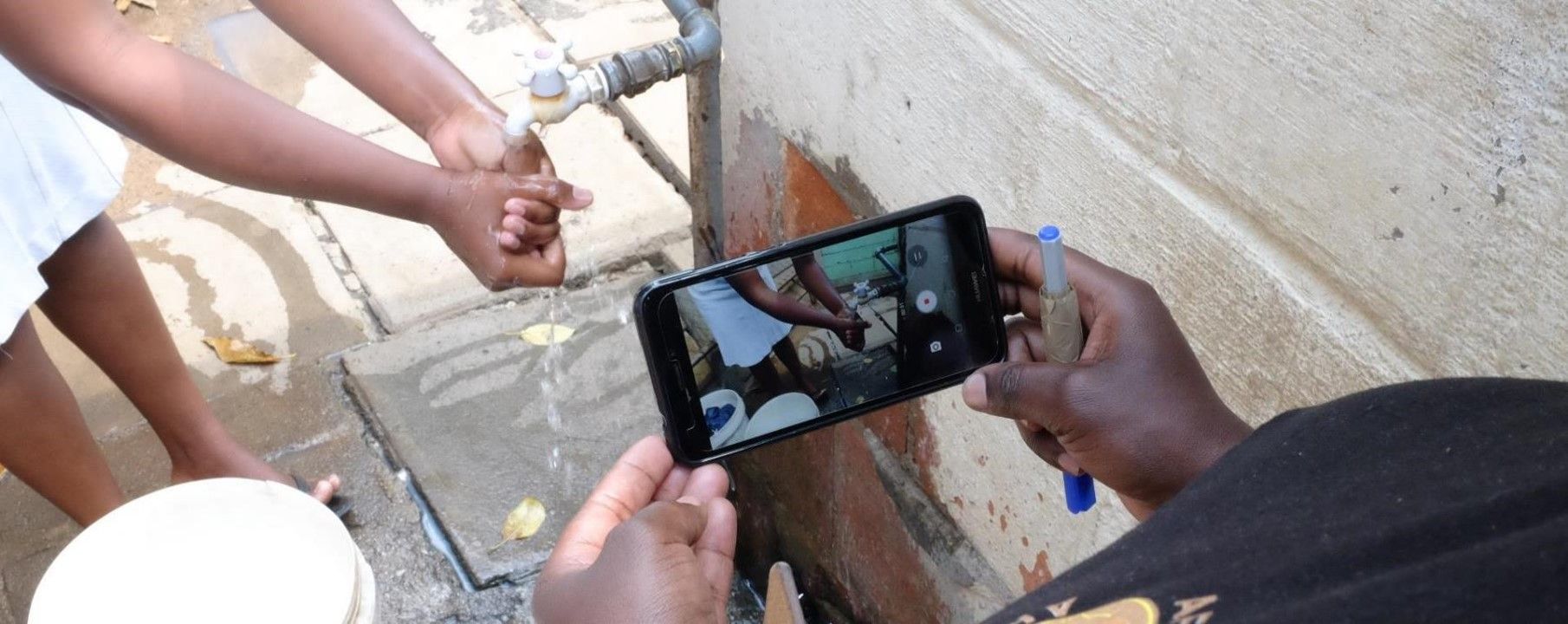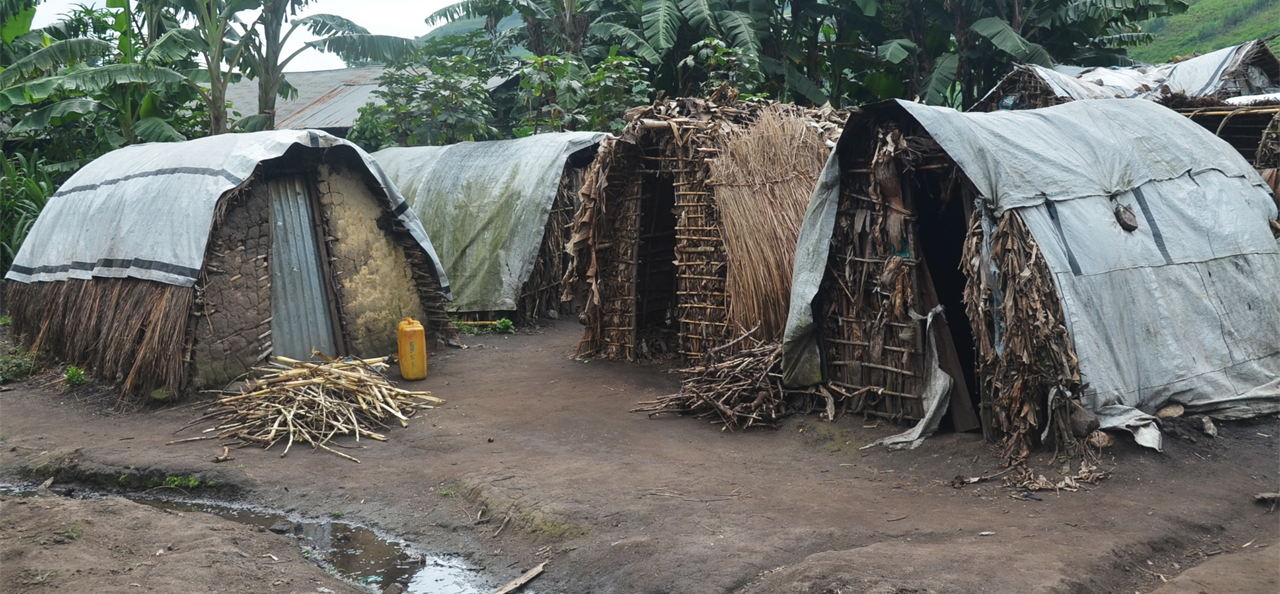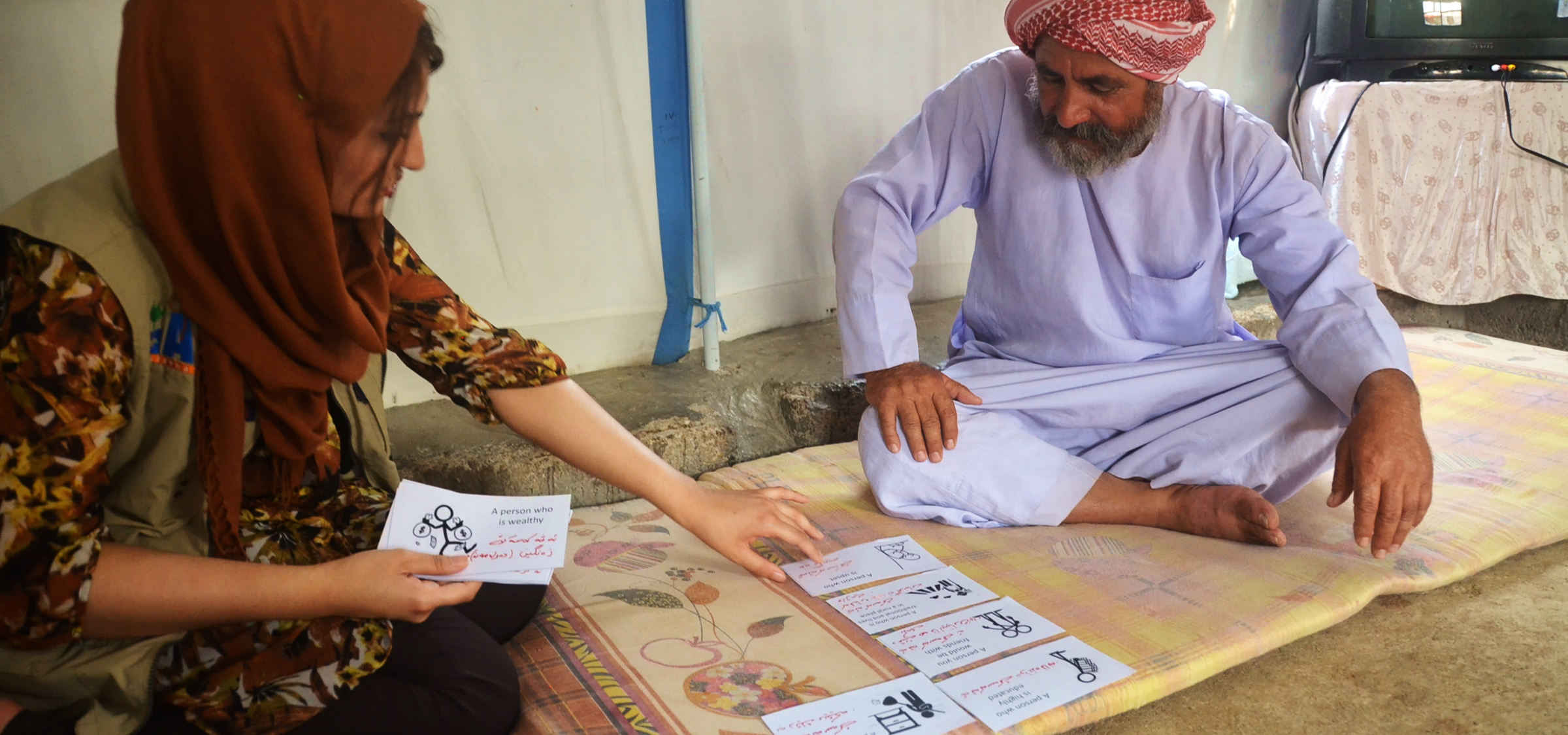Explore Hand Hygiene
Learn about how to implement context-specific hygiene programs with this set of resources.
How to Wash your Hands Poster
This poster, developed as part of the Global Affairs Canada (GAC) project, is a visual guide for proper handwashing technique.
Languages
English
Amharic
How to Build a Tippy-Tap Poster
This poster, developed as part of the Global Affairs Canada (GAC) project, is used as a step‑by‑step, visual guide for constructing a foot‑operated handwashing station (a tippy‑tap) using simple, locally available materials.
Languages
English
Amharic
Community-Minded Families Wash Their Hands Poster
This poster depicts when people should wash their hands.
Languages
English
Amharic
Successful Families Wash Their Hands Poster
This poster encourages families to wash their hands
Languages
English
Amharic
Accelerating informed WASH behavior: A participatory community learning guide
This manual promotes sustainable practices through sensitization while addressing the challenges faced by community in WASH.
Languages
English
Hindi
WASH development in School
This manual equips school management and staff with the knowledge to instill WASH concepts among students.
Languages
English
Hindi
Wash'Em: Using the Software
In this module, you'll learn how to navigate the Wash'Em website and use the Program Designer to generate program recommendations.
Languages
English
Wash'Em: Logistics
This module highlights the details you'll need to take care of before you leave for your community visit.
Languages
English
Wash'Em: Touchpoints
This tool will help you identify channels of communication so that you can prioritize which ones are likely to be the most effective in reaching your population.
Languages
English
Wash'Em: Disease Perception
The Disease Perception tool helps you to understand people’s perceptions of the disease you are interested in.
Languages
English
Wash'Em: Motives
The Motives tool will help you to identify what is driving handwashing behaviour, or preventing it, in your context.
Languages
English
Wash'Em: Personal Histories
The Personal Histories tool is used to generate a broad understanding about the experiences of populations affected by crisis.
Languages
English
Wash'Em: Handwashing Demonstrations
The Handwashing Demonstrations tool allows you to generate quick insights into how a person’s home and community environment impact their handwashing practices.
Languages
English
Wash'Em: The Context
For humanitarians that are not currently working in a crisis situation, this e-learning module provides three realistic contexts to practice with.
Languages
English
What is Wash'Em?
Hygiene promotion in emergencies has typically been done by distributing hygiene kits, or educating people about disease transmission. Evidence shows that these approaches alone are insufficient to change handwashing behavior. This learning module introduces you to the the Wash'Em process and the tools you will use to help you design innovative, context-specific hygiene programs.
Languages
English
Learn about Wash'Em
The Wash’Em process involves using 5 rapid assessment tools to understand handwashing behaviours during a crisis. You then enter the findings into the Wash’Em software for tailored program recommendations.
Languages
English
About CAWST
CAWST is a Canadian charity and licensed engineering firm. We address the global need for safe drinking water and sanitation by building local knowledge and skills on household solutions people can implement themselves.






